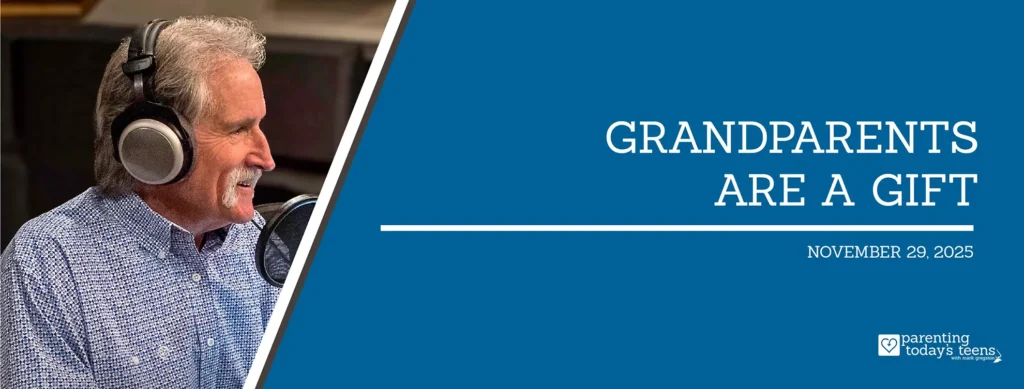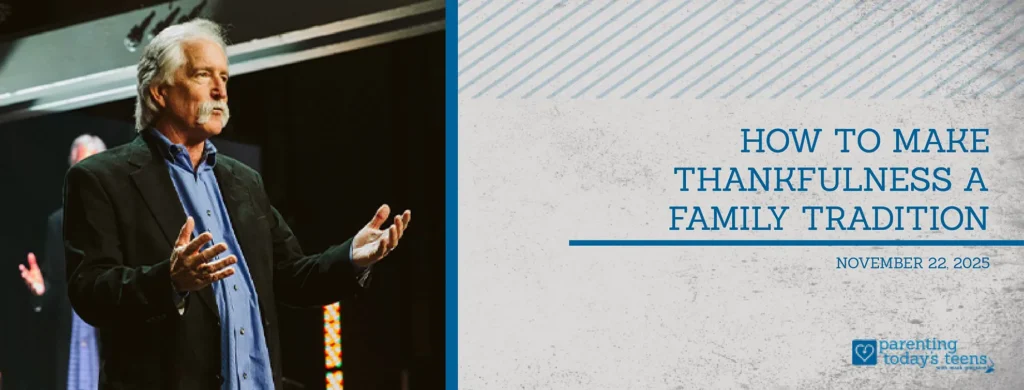The teen years can feel like an emotional roller coaster. One moment your teen is friendly and outgoing, and the next they’re quiet and withdrawn. As a parent, it can be hard to tell the difference between ordinary sadness and something much more serious.
The statistics are sobering—and getting worse. Nearly 20% of adolescents experienced a major depressive episode in the past year. Even more alarming, 40% of high school students report persistent feelings of sadness or hopelessness. Suicide is now the second leading cause of death for today’s teens.
Those aren’t just numbers. They represent real families carrying real pain. In this article, I want to help you recognize what depression looks like in teens, understand the consequences when it goes untreated, and give you practical steps to help your child get the support they desperately need.
What Teen Depression Might Look Like
Here’s something that might surprise you: sometimes depression doesn’t look like anything at all. I’ve known forty-nine young people over the years who took their own lives. In some cases, nobody saw it coming. That’s why staying connected to your teen’s heart through meaningful conversation is so crucial.
But depression does leave clues. Some common warning signs include:
- Persistent sadness for no clear reason
- Noticeable changes in thinking or behavior
- Social withdrawal and isolation
- Significant changes in eating or sleeping patterns
- Difficulty concentrating or making decisions
- Loss of interest in once-enjoyed activities
- Preoccupation with death or dying
- Angry outbursts that seem to come out of nowhere
- Expressions of helplessness or hopelessness
The challenge, of course, is that these signs can describe almost any teen at some point. That’s why it’s not only about spotting behaviors—it’s about engaging with your child and asking the kinds of questions that dig deeper than a casual “How are you?”
Instead, try:
- “How do you see life right now?”
- “What are the things you’re struggling with the most?”
- “I notice you seem quieter lately. Can you tell me what’s going on?”
And if your teen doesn’t want to open up, start by sharing your own struggles—especially from your teenage years. Vulnerability often invites vulnerability.
If You Suspect Your Teen Is Depressed
First and most importantly: take your teen’s feelings seriously.
If your teen expresses a plan, method, or intent to end their life—get them to a hospital immediately. Don’t take chances. Any indication of a suicide plan requires professional help right away.
If your teen resists counseling, you may need to remove privileges like car keys or cell phones until they agree to go. On the other hand, reward participation in counseling sessions. Sometimes teens need external motivation until they find the internal strength to engage in the process. You’re not manipulating—you’re helping them get to a healthier place.
Just as important, learn to listen without judgment. Resist the urge to jump in with quick fixes. Depression isn’t something a parent can solve with pep talks or positive thinking. It requires outside help—a counselor, a doctor, or a professional trained in walking with people who can’t pull themselves out of a dark place. Keep searching until you find someone your teen trusts.
And while professional help is essential, don’t overlook family dynamics and environment. A lack of meaningful activities, constant stress, or too much isolation can deepen depression. Look for changes you can make as a family to create healthier rhythms—but remember, these are supplements, not substitutes, for professional care.
How Depressed Teens Might Act Out
Depression rarely stands alone. It often fuels other destructive behaviors. Here are some ways you might see it play out:
- Declining school performance. If an honors student suddenly loses interest in academics or pulls away from church or activities they once loved, it’s a red flag. Something deeper is going on.
- Risky or reckless behavior. Depression can create a “what does it matter anyway?” mindset that pushes teens toward dangerous choices they’d normally avoid.
- Substance use. Teens often turn to drugs or alcohol to numb their pain. They may think, “If I feel this bad, maybe this will help,” or even, “I won’t be around long anyway, so why not?”
- Eating issues. Some teens overeat for comfort, while others severely restrict food intake to feel a sense of control. Both extremes can point to underlying depression.
- Self-harm. Cutting or other forms of self-injury are signs that your teen is hurting emotionally and physically. While not always tied directly to suicidal intent, self-harm signals a desperate need for immediate help.
Today’s social media culture only compounds these struggles. Teens scroll through highlight reels of their peers and walk away convinced, “I don’t measure up.” As one teen told me, “Everyone just wants to be liked.” The constant comparison leaves many feeling inadequate, exhausted, and hopeless.
The Hopeful Bottom Line
Parents, today’s culture is hard on our teens, and depression is a painful reality for many of them. If your teen is navigating adolescence relatively well, thank God for that blessing. But chances are, they know someone who isn’t.
This is the moment to stay engaged, alert, and intentional. Depression doesn’t discriminate—it can affect any teen, from any background, at any time. So stay close. Trust your instincts. Ask the hard questions. And most importantly, don’t dismiss what might be your teen’s silent cry for help.
Proverbs reminds us: “The purposes of a person’s heart are deep waters, but one who has insight draws them out” That’s your role as a parent. Draw out what’s hidden in your teen’s heart, and if you see signs of depression, act quickly and decisively.
The life you save may be your own teen—or the teen your child calls a friend.






